MORIS SHAMI
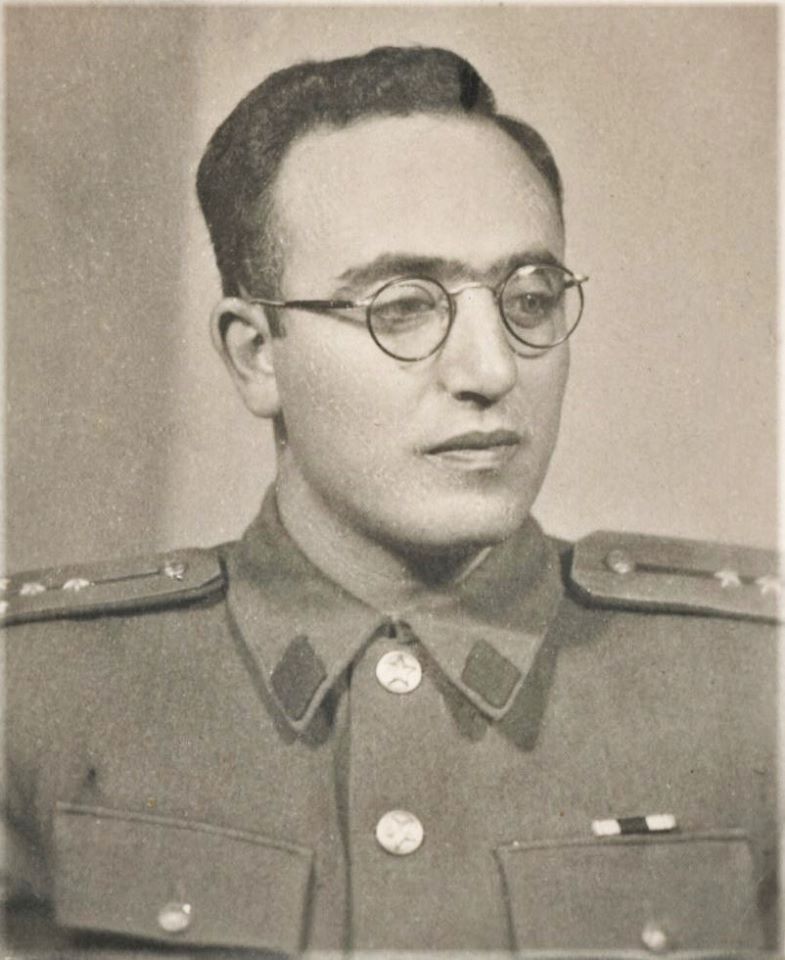
Moris Shami was born in Bitola, in 1921, the eldest of seven children to the Jewish family of Samuil and Sara Shami. His father Samuil was a tradesman, dealing mostly in textiles and textile wares, and had a shop near the Bezisten, the promenade and marketplace of the city of Bitola. Samuil imported textiles from abroad, aided by community connectionс to the port city of Salonica. He was one of rare importers of DMC, colorful threads used for sewing and embroidery. The extended family would often gather at the Shami household, sometimes for dinner and celebrations, but for occasions of mourning as well. Even in his youth he was active in various youth movements. As a high school student, he was voted in as secretary of the Youth Zionist organization “Hashomer Hatzair”. The meetings consisted mostly of discussing the preservation of the Ladino language, Jewish traditions, of Zionism in general, and often the labor movement as well. Moris became a member of the YCP in 1941, along with many other young Jewish activists. He contributed to the funding and operations of the sub-committee for national relief. Towards the end of 1941, along with other members, they gathered aid, funds and provisions for the resistance movement. They also secured aid for a group of Partisan resistance fighters from Prilep, who were in hiding at the time. Supporting and aiding these clandestine activities were also his three sisters: Regina (Nina), Ana, and Mathilda Shami. During the June 1942 raid by the Bulgarian invasion authorities, Moris and a group of Jewish activists were arrested. They were tortured and interrogated in the Skopje prison. Moris Shami, Moritz Romano, Viktor Pardo, Avram Anaf, and Eli Faragi were sentenced to long prison sentences and moved to the Varna prison in Bulgaria. They were there in 1943 as the Bulgarian Fascist forces rounded up the Jews of Macedonia and Thrace and deported them to the Treblinka concentration camp. His entire extended family, and all the Jews of Macedonia, perished, no one to ever return. In September of 1944 Moris took part in the political prisoners’ uprising in the Varna fascist prison. The prisoners overtook the guards and he found himself returning to Macedonia to join the Macedonian national liberation effort. He joined the 4th Macedonian Brigade, where he remained until the day of liberation, serving in the leadership of the brigade. In the final efforts of the liberation struggle, Moris Shami- Mitko actively took part in the battles to free the cities of Kochani, Strumica and regions of Eastern Macedonia. He remained with the JNA after the liberation, eventually moving on a to a life devoted to social and economic growth and development, bringing with him experience, skill and an uncanny affinity for languages. His multilingualism started early, in the home; his family spoke Ladino. In the neighborhood he spoke Macedonian, Turkish and Serbo-Croat, and also studied Hebrew and French. He picked up German and Italian during the war, and eventually Greek and Dutch later on. Moris Shami was a founding member of the first Company for International Trade “Interimpex”, where he served as vice president. His fluency in languages and extensive trade knowledge landed him in Zurich, where he remained until 1956 as a trade representative. Upon his return he was appointed as secretary of the Sub-committee for Trade under the branch of the Executive Council, where he served until 1959. It is during this period that he honed his expertise and dedicated himself to the development of international trade in Macedonia. He distinguished himself in the field of economics and trade and was appointed General Secretary of the Chamber of Commerce of Macedonia, where he served from 1959-1963. Immediately following the great earthquake of Skopje in 1963, he was sent to Thessaloniki, Greece, to serve as chief of the Yugoslav Free Zone. He remained there until 1968. After returning from Greece, he once again returned to work for the Chamber of Commerce, this time as vice president. During his tenure in office, he took part in numerous government led committees and advisory boards that promoted trade and commerce, such as: The Committee on Foreign Relations within the General Assembly, Advisory Board on Foreign Investment, and the Council on Foreign Trade and Currency. With his wife Vera and three children, Zdravko, Joco, and Dragi, the Shami family relocated to Amsterdam, the Netherlands, in 1972. Here he served as a representative of the Yugoslav Chamber of Commerce. During his appointment he worked towards promoting trade between Netherlands and Yugoslavia. He returned from Amsterdam to serve as chief of a newly formed government Agency (SIZ) for Foreign Trade Relations of Macedonia. He remained at this post until retirement. The agency was tasked with representing the interests of Macedonian trade companies, bolstering the production of domestic goods and the distribution of foreign currency trade capital. Throughout his life he was awarded numerous awards, both for his war effort and for his contribution to development and trade. A few of the more outstanding ones are as follows:
- Commemorative Medal of the Partisans 1941
- Order of Merit for Brotherhood and Unity, 1948
- Order of Merit for Labor, with Golden Wreath, 1959
- Order of Merit for the People, 1981
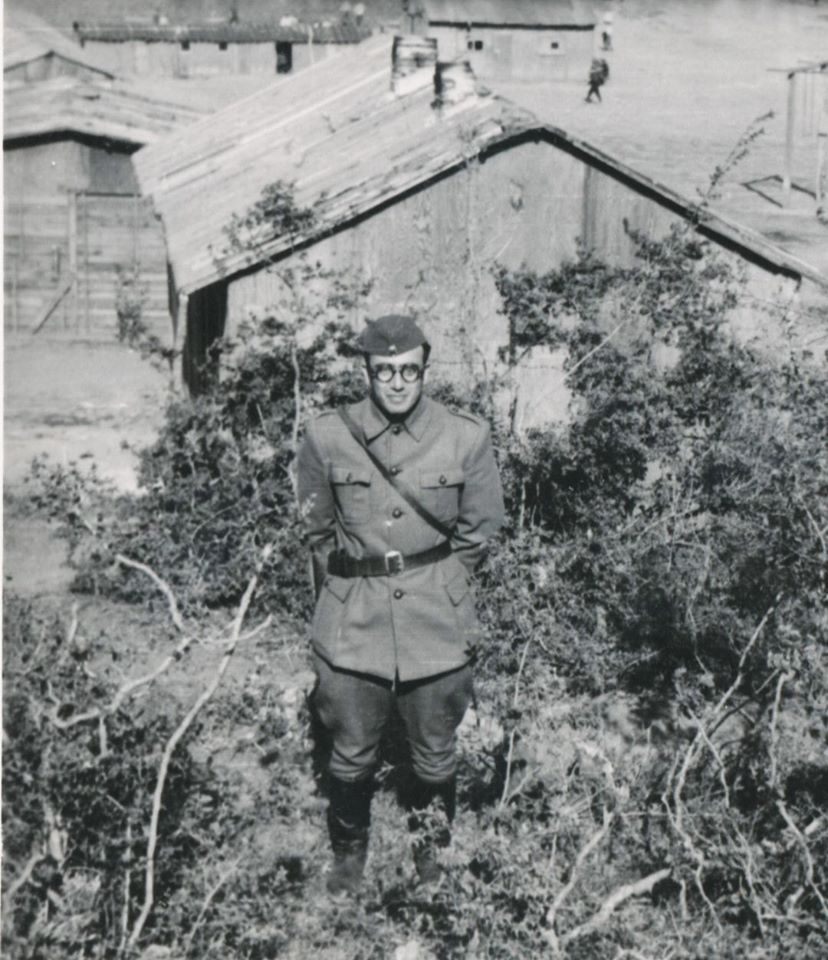

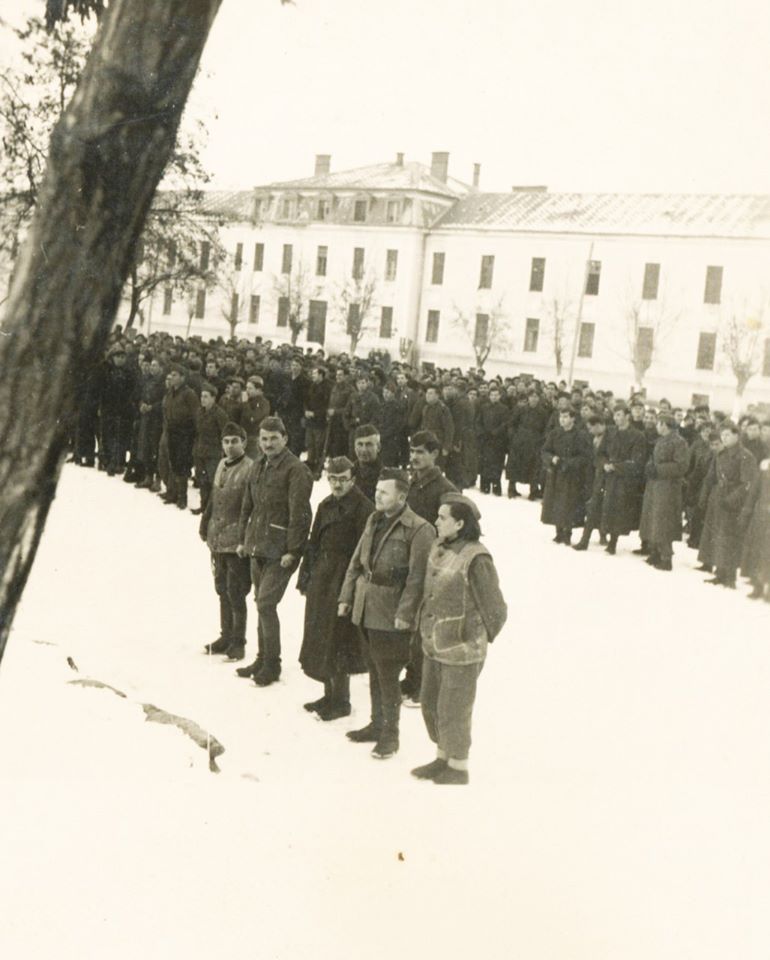
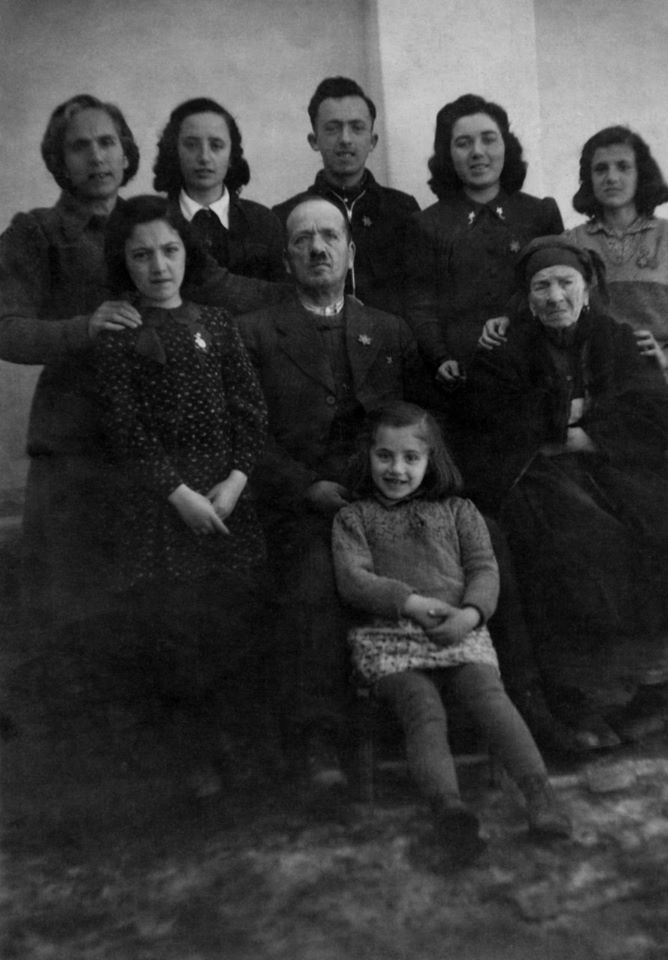
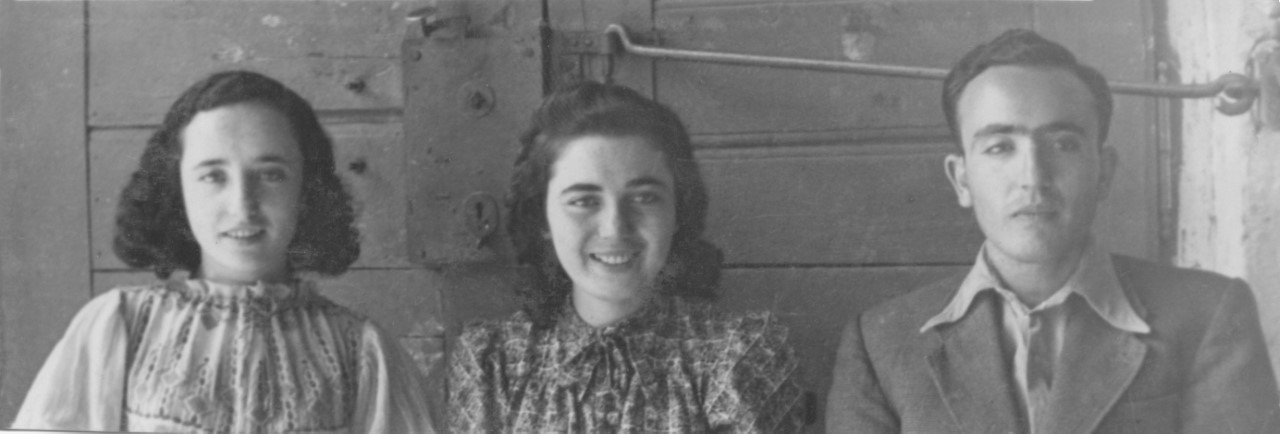
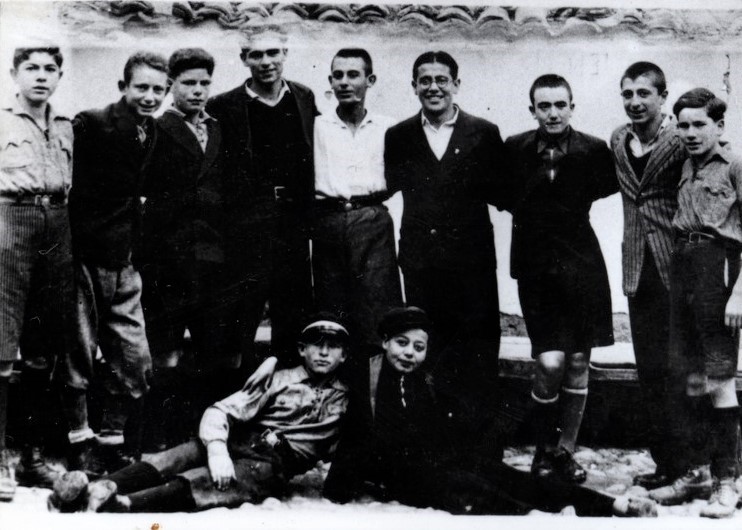
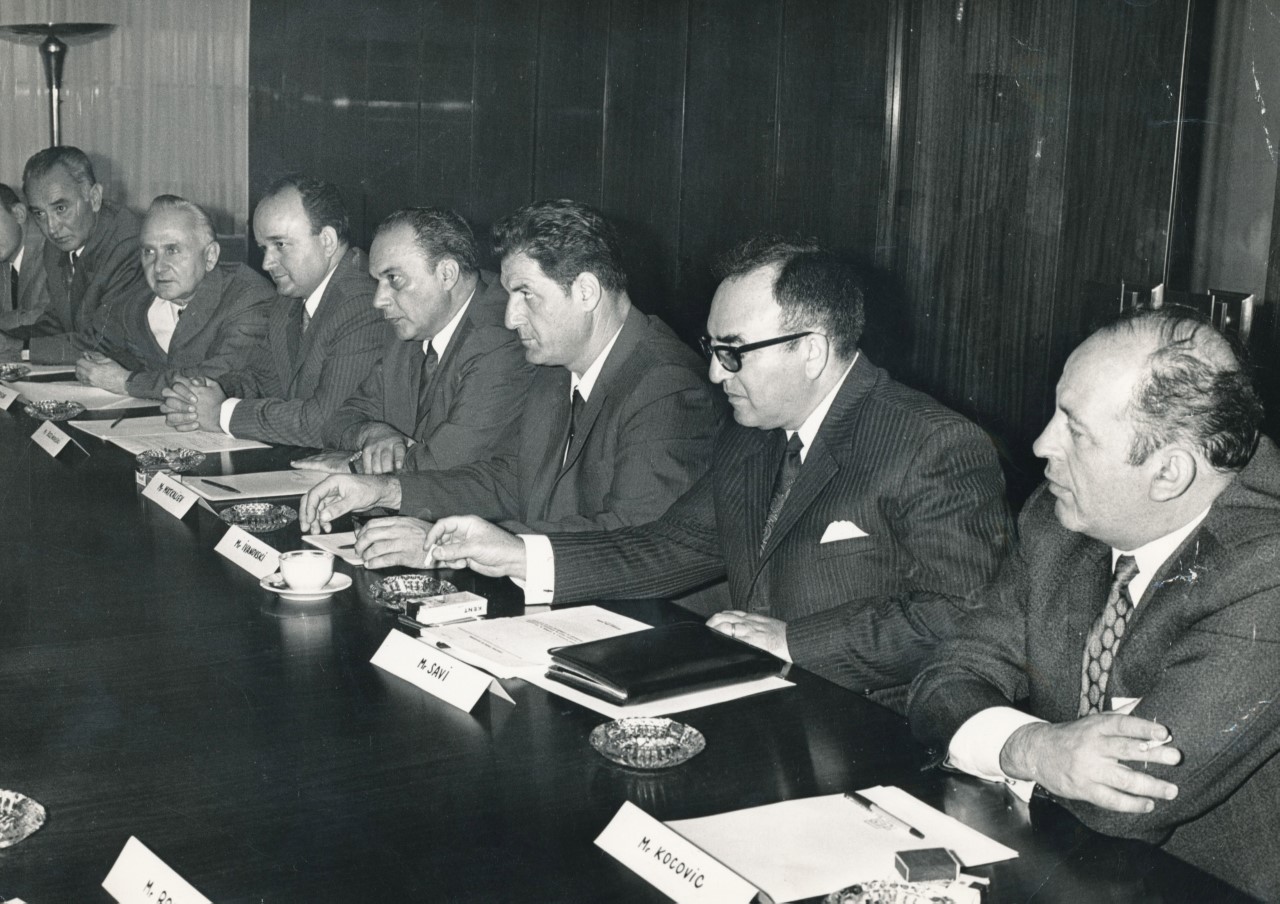
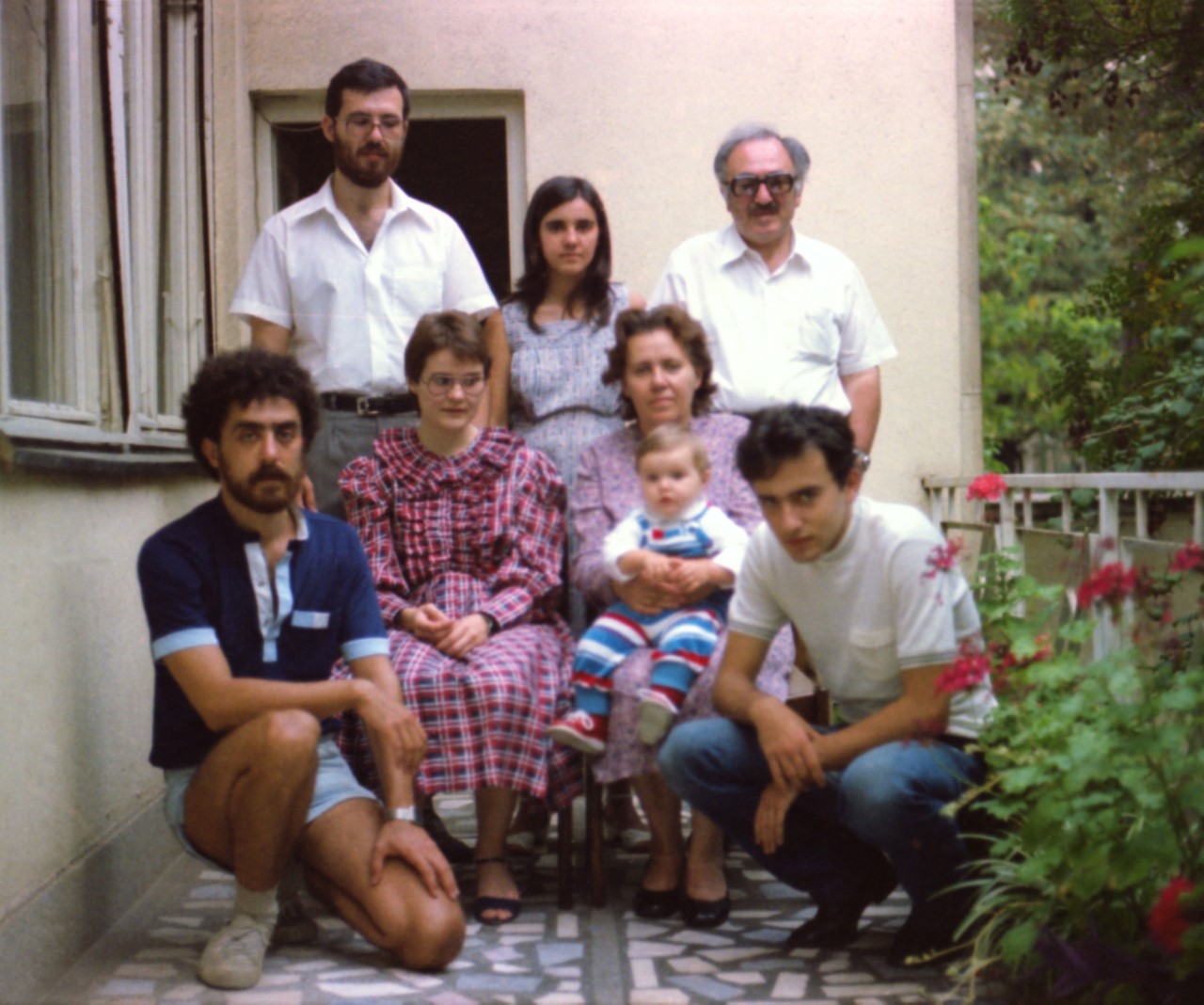
Share: << Back
Any help from you is more than welcome.
Donate to continue with the successful work and education




